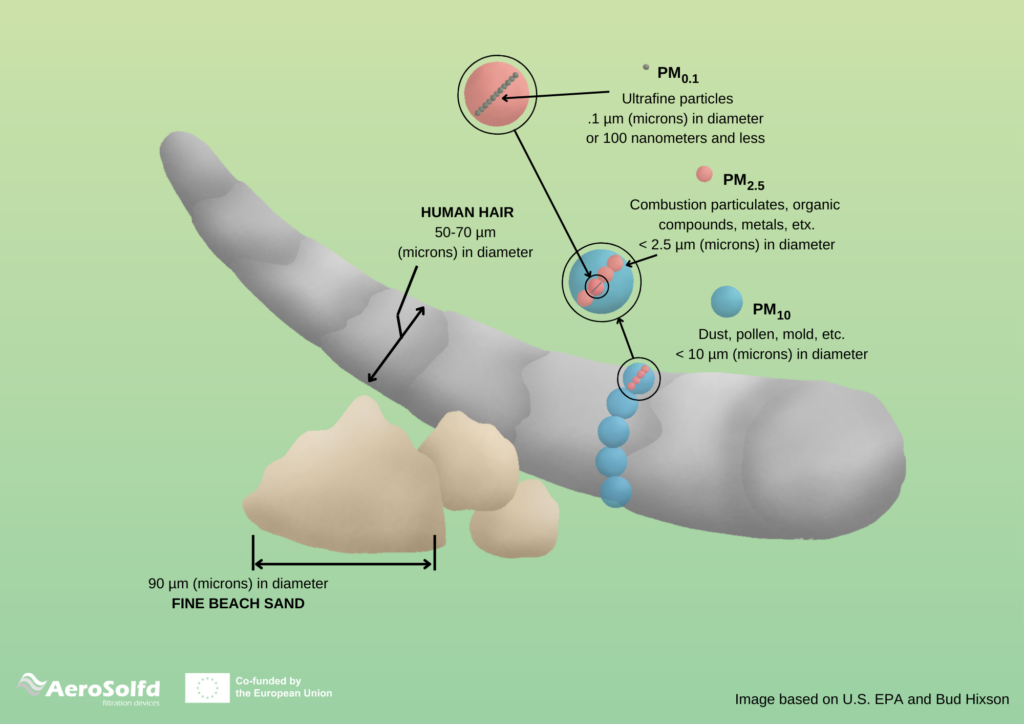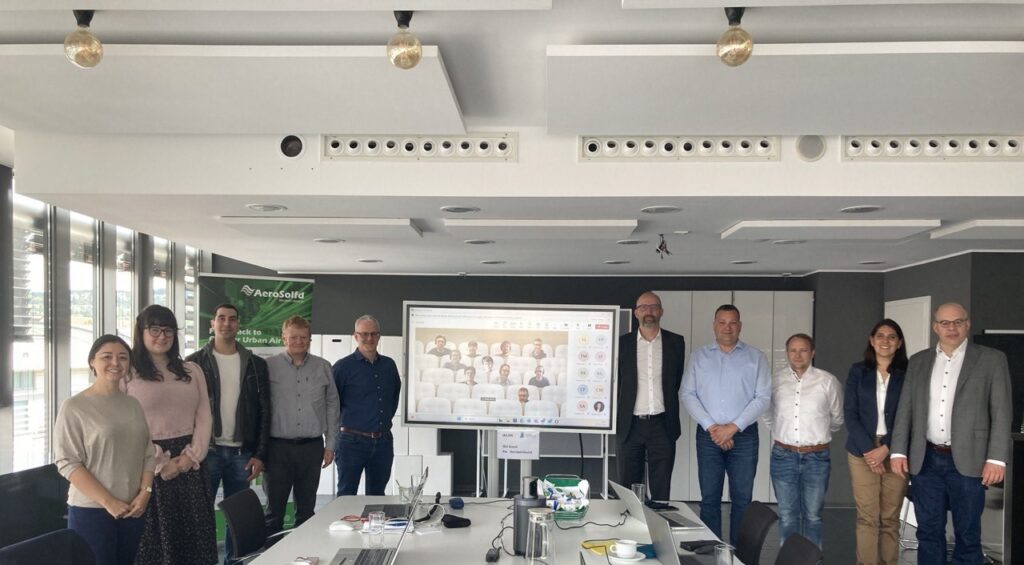Agenda Final Event
AeroSolfd: Release of Agenda for the Final Event The detailed agenda for the Final Event of the Project AeroSolfd has been launched. This upcoming full-day event marks the culmination of three years of collaboration focused on developing innovative retrofit and filtration technologies to reduce transport-related emissions and improve urban air quality across Europe. Participants can look…





